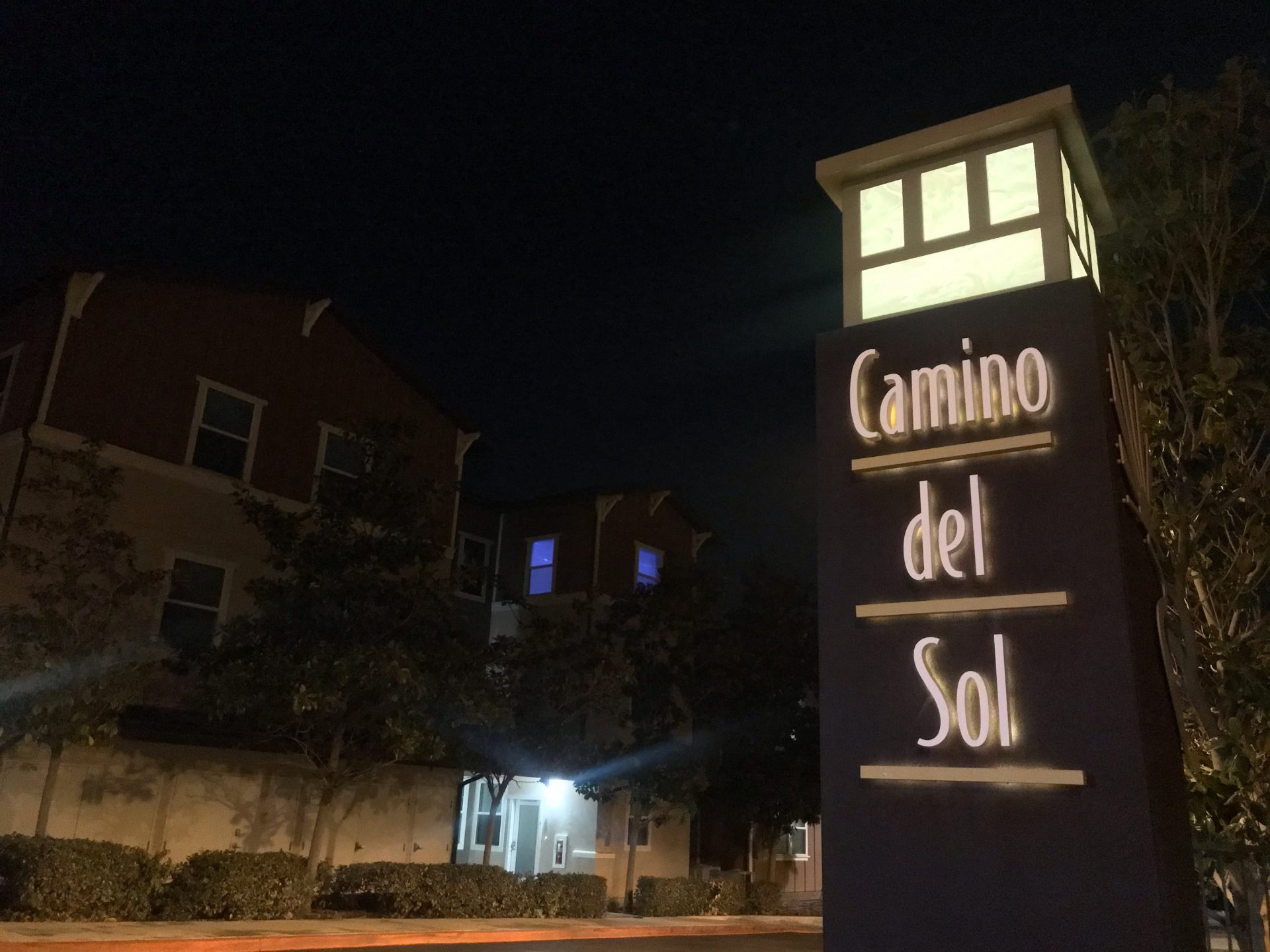Amid the ongoing pandemic throughout the past school year, many students have commuted between home and school to visit family members or to socialize with friends back home. UCI has set many protocols in order to keep students safe from COVID-19 on campus, including required testing before and after the scheduled school breaks.
However, these careful protocols do not always ensure 100% protection. Following Thanksgiving break, UCI continued the sequestration period for all students living in on-campus and 0ff-campus housing. Even with the sequestration period in effect, there was an increase of students testing positive for COVID-19.
As of now, the number of active COVID cases has expanded to 29 new on-campus cases. The public is consistently given updates for the number of cases reported on UCI’s campus through UCI Forward’s Coronavirus Dashboard, yet the process for assisting those that test positive remains unclear.
Anthony Ramirez, a social ecology major and political science minor third year transfer student, interviewed with the New University about his COVID-19 experience and the way that UCI handled his case.
Ramirez lives in Camino del Sol, one of UCI’s off-campus housing communities. On these off-campus housing grounds, students are required to take weekly asymptomatic COVID-19 tests.
On Nov. 24, Thanksgiving eve, Ramirez tested positive for COVID-19. He was exposed to the virus that previous Sunday. UCI Health notified him of his positive test results the same day he had taken it.
Due to his test results, Ramirez spent his Thanksgiving in isolation. On the same night he tested positive, Ramirez was given the option to isolate in a separate apartment at Camino, or to isolate in his own bedroom in his current space at the request of Camino del Sol and to ensure proper isolation methods.
Ramirez chose to isolate in a separate apartment, in which Ramirez was accommodated with fresh bed linens, bed sheets, towels, soap, disinfectants for cleaning and a thermometer to regularly check his temperature. Food was complimentary. Given Ramirez was isolated before Thanksgiving, no one was working at UCI Dining at the time. The meals he was given were premade frozen foods of different types and included teriyaki chicken, spaghetti, chicken and rice, cornbread, and more. They lasted for his full two week isolation and counted for his three meals a day.
During Ramirez’s two week isolation period, he says that he rarely felt or presented COVID-19 symptoms.
“I wasn’t showing any symptoms during my stay — I didn’t have a sore throat or the cough, the congestion, the fevers, the chills, loss of taste … but I was feeling very tired in the mornings when I woke up, like very low energy,” Ramirez said.
Ramirez was released on Saturday, Jan. 2, spending the full isolation term at Camino.
Once released, Ramirez was advised to not get tested for at least three months, due to the fact that the virus can stay in one’s system despite not being able to infect others.
“[UCI Health] told me not to get tested for at least another three months being that the virus could still be in your system, even though you can’t infect others. But when I got back to my own apartment, I tested again and my results came out negative and I’ve tested negative since then,” Ramirez said.
The UCI Coronavirus Testing website has more information about setting up an appointment, where to go for said appointment and what procedures will be taken. Testing locations across campus are available at the Bren Events Center, Division of Continuing Education (DCE) Yosemite Ballroom, Plaza Verde Community Center and the Vista del Campo Community Center.
Camino del Sol, UCI Housing and UCI Health could not be reached for further comment.
Jamie Luke is a Campus News Intern for the winter 2021 quarter. They can be reached at jnluke@uci.edu


